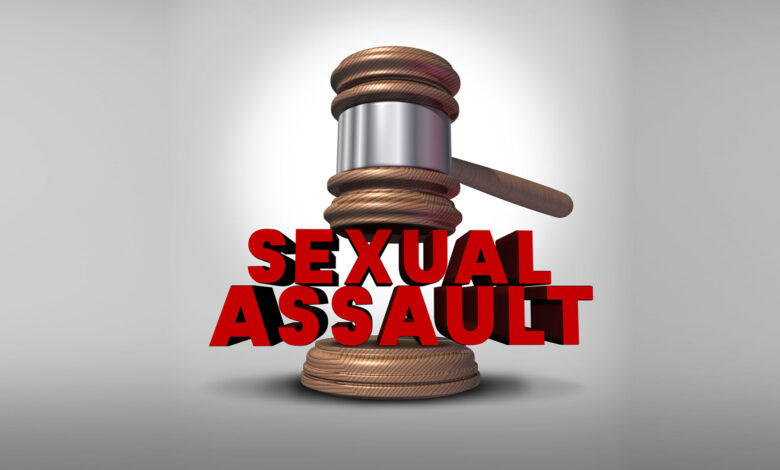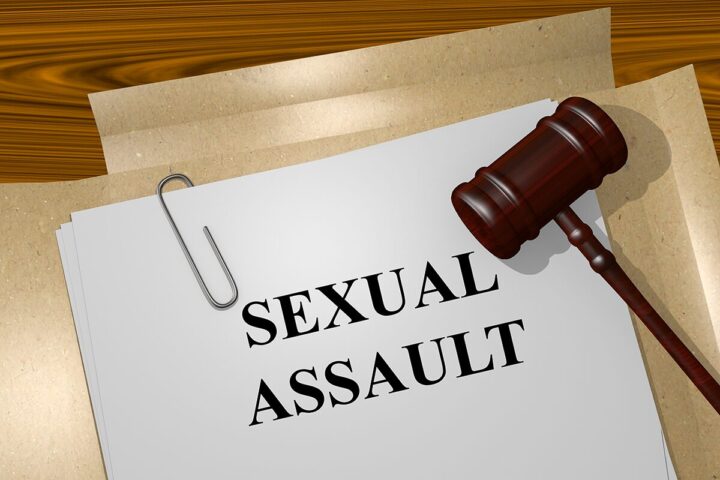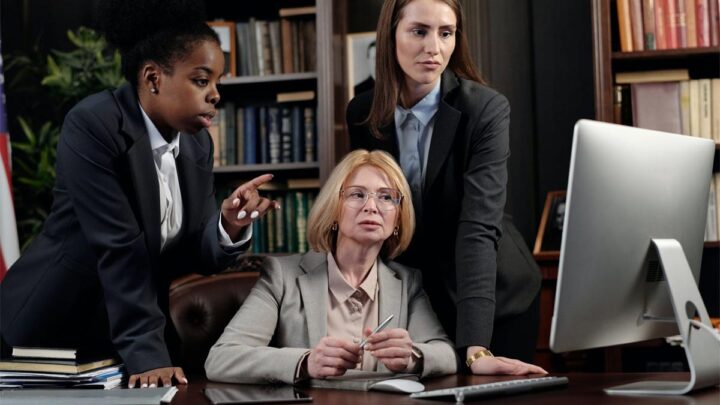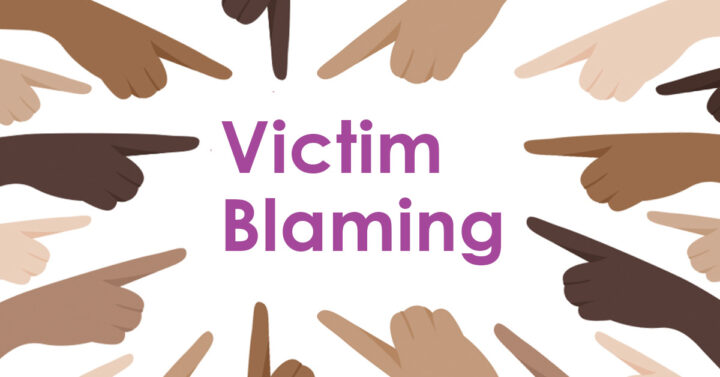Courage in the Courtroom: Challenges Faced by Sexual Assault Attorneys

A sexual assault lawyer is a specialized type of attorney who represents either the victims or the accused in cases involving sexual assault. Their work encompasses sensitive and complex issues and can range from preparing for trial, gathering evidence, interviewing witnesses, to negotiating plea agreements. They are also responsible for explaining the legal process and potential outcomes to their clients, providing them moral support, and fighting for their rights to ensure that justice is served.
The work of a sexual assault lawyer is significantly important in society as they become the voice of those who, often due to trauma and fear, cannot advocate for themselves. They contribute majorly to the justice system, providing a platform for victims to seek redress, and ensuring the accused receive a fair trial. They face challenges like proving cases beyond reasonable doubt, dealing with societal stigmas towards the victims, the emotional toll of working with traumatized clients, and carrying forward cases in the wake of diminishing evidence, just to name a few.
An Overview of Sexual Assault

Sexual assault, as defined by the Department of Justice, involves any type of sexual activity or contact, that happens without the explicit consent of the recipient. The acts could vary from forced sexual intercourse, forcible sodomy, child molestation, incest, fondling, and attempted rape. It’s the role of a sexual assault lawyer, whether prosecuting or defending, to understand the full depth of the situation and ultimately bring justice to the involved parties.
The statistics related to sexual assault cases are alarmingly high – as reported by the Rape, Abuse & Incest National Network (RAINN), an American is sexually assaulted every 73 seconds. However, only 5 out of every 1,000 perpetrators will end up in prison. Beyond just the physical violation, victims often suffer severe emotional trauma. They may feel fear, shame, guilt, or even suffer from post-traumatic stress disorder. Comprehending and sensitively handling this trauma is a significant part of the scope of work of sexual assault lawyers, adding to the challenges they face.
The Difficulty of Collecting Evidence

A significant aspect of a sexual assault lawyer’s work revolves around the collection of evidence. Through a trauma-informed approach to evidence collection, the lawyer ensures that the victim feels safe and understood, carefully avoids re-traumatizing them, while still collecting information about the incident. This includes gathering intimate details about the assault, which can be a stressful and distressing experience for the victim.
The handling of physical evidence like clothing, personal belongings, or forensic evidence from a rape kit can be overwhelming for the victims. This is coupled with the complexity of handling documentary evidence, such as medical reports, police records, or any relevant texts, emails, and photographs. Lawyers often have to deal with electronic evidence originating from smartphones, computers, and social media. However, this digital evidence can be susceptible to manipulation or distortion, posing a significant challenge. Another significant aspect of a case’s success is the credibility of witness testimonies. Sometimes these testimonies can be influenced by potential biases, misconceptions, or fear, further complicating the lawyer’s role in establishing the truth.
Coping with Social Stigmas, Misconceptions, and Biases
False stereotypes and prejudices can govern public opinion – for instance, the notion that victims must physically fight back during an attack, or that they should not experience any delay in reporting the assault. Such misconceptions are not only widespread but can also infiltrate the courtroom, significantly complicating a lawyer’s job to advocate effectively for their clients.
These biases often extend to the jury members themselves. Their beliefs or preconceived notions about sexual abuse victims can unintentionally influence their interpretation of the evidence or testimonies, affecting the overall outcome of trials. Lawyers have to acknowledge these biases and work arduously to dismantle them within the court setting. On a broader scale, they also combat societal stigmas tied to sexual assault, fostering a more informed understanding, and advocating for a shift in societal attitudes.
Emotional and Psychological Challenges Faced by Lawyers

Lawyers dealing with sexual assault cases often handle incredibly sensitive situations, constantly interacting with victims in states of acute distress. Immersing themselves in these emotionally exhausting cases can take a toll on the lawyers’ mental state, as they not only need to provide legal support but also offer emotional reassurance to their clients.
It’s also necessary for lawyers to prioritize their own mental health. They must recognize and manage symptoms of burnout, emotional exhaustion, and secondary trauma. They also have to maintain their objectivity and professional stance – all of which raise the stakes in an already high-pressure profession. Consequently, self-care and mental health resources can help them continue to perform their duties effectively while preserving their well-being.
The Issue of Victim Blaming and Consent
Victim Blaming

Victim blaming is a prevalent problem, where the victim, rather than the perpetrator, is subjected to scrutiny or even blamed for the assault. This blame could be directed based on the victim’s behaviour, clothing, sexuality, or relationship with the assailant – aspects that are irrelevant to the legal definition of sexual assault. This tendency to default to victim blaming can cloud the judgment of jurors or even judges, making the already uphill task of securing convictions even harder.
Consent
Consent should be free, enthusiastic, and can be withdrawn at any time. Yet, establishing this fact in court can prove to be a daunting task for lawyers. Misconceptions about consent, such as the belief that silence equals consent or that prior relationship implies ongoing consent, often muddy the waters. It involves dissecting every aspect of the individual case, and lawyers have to negate the damaging ‘he said, she said’ narrative that tends to characterize these cases. This underlines the need for cultural change and increased awareness of what constitutes consent.
The role of a sexual assault lawyer is a complex and challenging one, involving not only legal expertise but also emotional intelligence and resilience.
Despite the multitude of hurdles such as dealing with victim trauma, collecting evidence, battling societal biases, and maintaining their own mental health, sexual assault lawyers play an indispensable part in delivering justice. Through their commitment and perseverance, they ensure that victims’ voices are heard, marking their irrefutable significance in society and our justice system.

